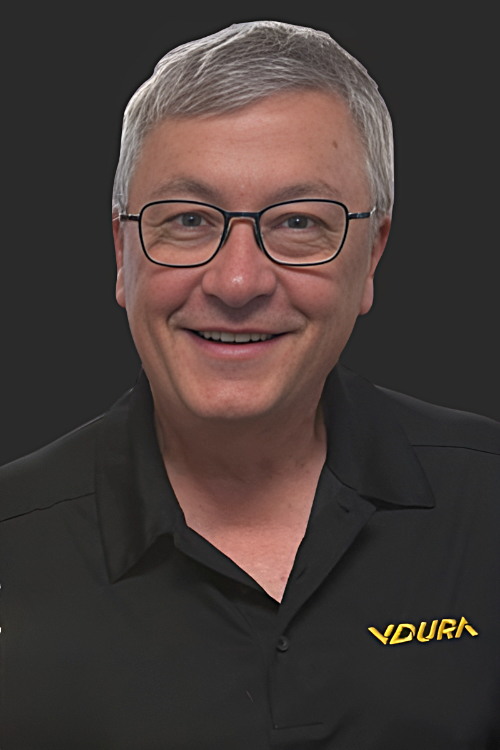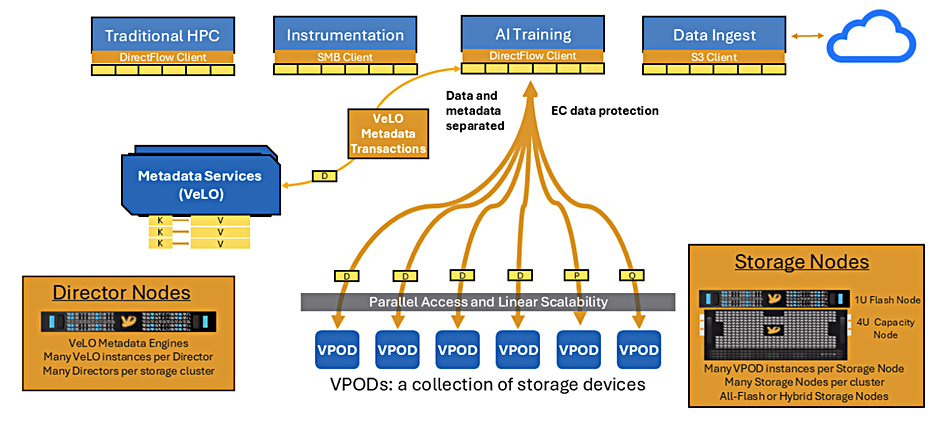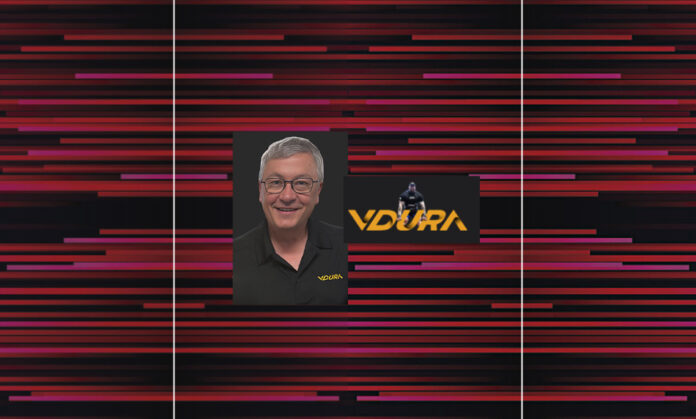VDURA has appointed RAID and parallel file system developer Garth Gibson as its first chief technology and AI officer (CTAIO) to reinvent the storage stack for AI.

Gibson co-invented RAID (redundant array of independent disks) to increase disk data storage reliability, pioneered parallel file system development at Carnegie Mellon University’s Parallel Data Lab, and co-founded Panasas, the high-performance computing company that became VDURA. He was president and CEO of the Vector Institute, focusing on generative AI, and advised on AI infrastructure from research clusters to billion-dollar AI datacenters.
He stated: “For four decades I’ve advanced high-performance data storage, co-inventing RAID, pioneering the parallel file system, and driving innovation in AI applications and infrastructure. Today at VDURA I see a once-in-a-generation opportunity: to reinvent the storage stack for AI. We’re solving challenges others haven’t cracked, building a data platform that powers the full AI lifecycle, and that sets a new standard for performance, scale, and reliability.”
Gibson was appointed to VDURA’s board a year ago along with former Cray president and CEO Peter Ungaro.
VDURA CEO Ken Claffey said: “Garth is a legend in storage and AI infrastructure, and his return to VDURA is a pivotal moment. Garth brings unmatched vision for how storage must evolve for the AI era, and with him leading our technology, we’re building a platform that makes AI faster, more efficient, and massively scalable, setting the course for AI’s future.”
It is a truism that AI workload numbers and size are surging, with AI training needing high-speed data delivery to GPUs, and fast checkpointing and AI inferencing demanding interim token storage offload for KV cache.

VDURA has added GPUDirect Storage (GDS), RDMA, and RoCE (v2) to help with AI training and inferencing, and also provided an AI infrastructure blueprint with AMD. We can imagine that Gibson will help VDURA combat the KV cache memory wall problem by developing offload technology so that fast SSDs can act as a KV cache backing store. He could also bring technologies examined by Vector Institute researchers to VDURA. GenAI data privacy is another area he might investigate.








